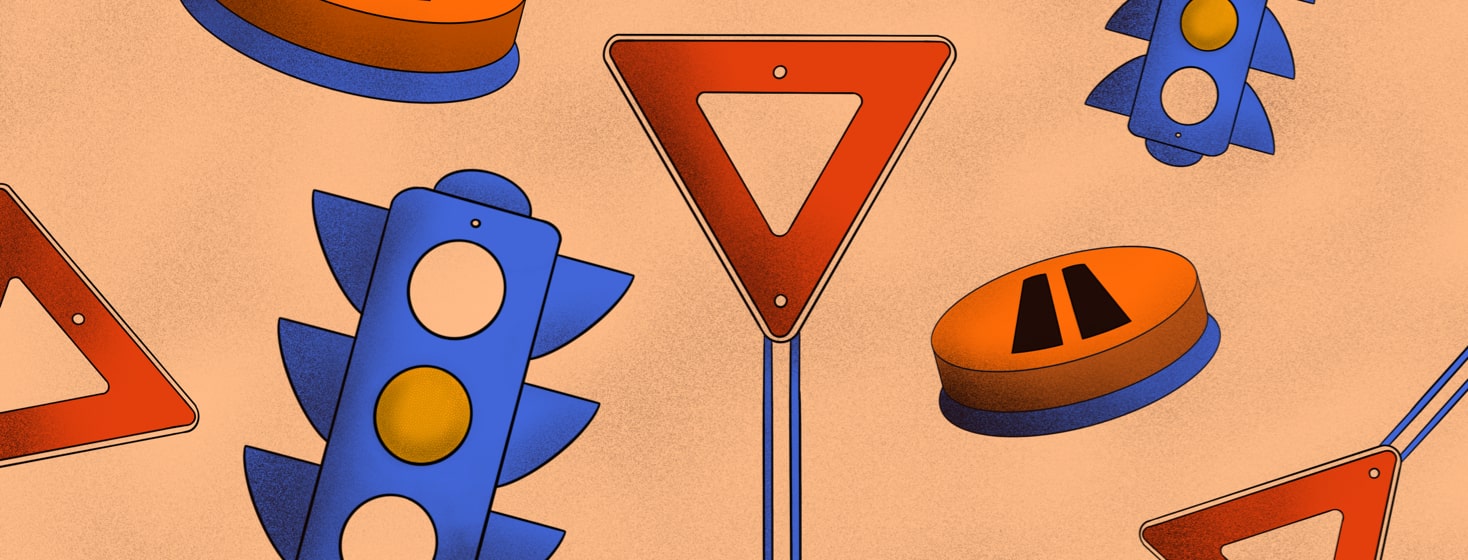Unwinding and Ungrinding
I first saw the term “grind culture” on an Instagram post from The Nap Ministry. I immediately knew what it meant, as I’ve spent decades grinding myself down and celebrating myself for doing it.
Americans work more hours per year than people in most other countries. Our standard question at introductions is, “What do you do?” We eat meals in our cars, fill our kids’ schedules with organized activities, and feed them in cars on the way to and fro. As we run from one task to the next, we make little time for reflection, restoration, and healing.
The negative impact of the incessant grind
Grind culture takes a toll on everyone, but those of us living with chronic conditions can be especially vulnerable to the negative effects of incessant physical and mental motion. I have rheumatoid arthritis/rheumatoid disease (RA/RD), and when my body needs to recharge from the daily exertion of staying alive, it signals increased pain, inflammation, and fatigue.
For many years I resented these signals, fighting my body’s needs like a rebellious teenager flouting curfew. Now that I’m a 42-year-old mom diagnosed with RA/RD almost half of my life, I finally understand that curfews, whether enforced by concerned parents or by depleted physical systems, serve to protect us from engaging in activity that could lead us to harm.
In this society, productivity means doing, doing, doing
It’s been a long time since I’ve stayed out late at a party. The midlife temptations that now keep me up at night are working on a deadline, returning emails, getting the laundry folded or kitchen clean, or scrolling on my phone in an ineffective attempt to settle my brain from the feeling of being overwhelmed.
While putting off some activities might result in negative ramifications, for the most part, they can be postponed, reduced, or even disregarded. Yet, that teenager in me - resentful of restrictions - still sometimes stomps her foot and rolls her eyes when my body says, "It’s time to get in bed." I want to be “productive” and, in this society, that means doing, doing, doing.
Healing is happening
That’s why this Instagram post from The Nap Ministry gave me pause: “You believe rest is unproductive because it seems like nothing is happening. Healing is happening.”
Healing! Healing is happening! The wear and tear of life require rest for all humans to recover from the day. Those of us with conditions like RA/RD are literally experiencing wear and tear when our bodies turn on our joints, so we need rest all the more. Just because I’m sitting still doesn’t mean my body is idle; it’s rebuilding what was knocked down during the activity of the day. Rest gives my body time for the cleaning crew to come in and restock supplies.
Resting as purposeful and worthwhile
Pivoting from the view of rest as lazy, indulgent, or a waste of time to seeing it as purposeful, restorative, healing, and worthwhile changes the experience of rest. I used to experience reading for fun as a guilty pleasure. Now I view it as fulfilling and regenerating. I once thought of taking breaks to work on a jigsaw puzzle or listen to a podcast as being off-task. I now see this as a way to regain mental focus. Naps used to seem like lost time, but now I view them as a way of finding energy.
Taking this time to recalibrate
During this time of COVID-19, busy life as we knew it has changed. “Grind culture” has slowed, and many of the people privileged to not be contending with unemployment, homelessness, sickness, grief, and/or unsafe domestic situations are spending more time at home and in the outdoors, enjoying hobbies and time with family.
NPR’s Michele Norris said that while the COVID-19 pandemic has been dubbed “The Great Pause,” she hopes it will be “The Great Recalibration.” Instead of grinding ourselves down, we can choose to put aside the to-do list, put our feet up, and let some healing happen.

Join the conversation